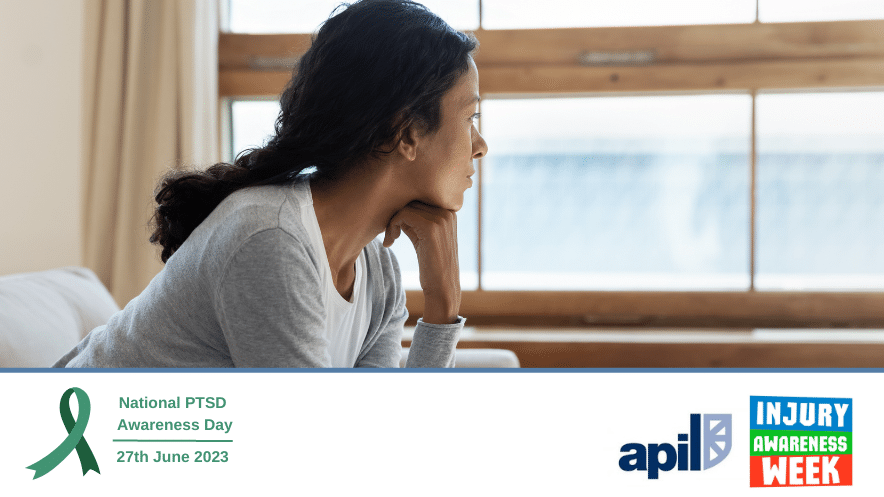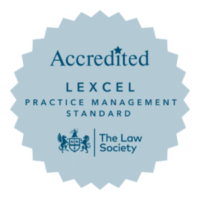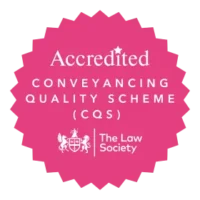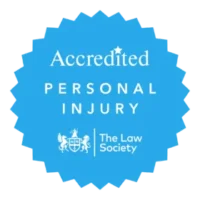APIL Injury Awareness Week and PTSD Awareness Day
26th Jun 2023
What is PTSD and how is it caused?
Post-Traumatic Stress Disorder (PTSD) is a complex disorder caused by witnessing or experiencing trauma and is often characterised by symptoms like hyper vigilance, mood swings, recurring and involuntary flashbacks to the trauma, and avoidance.
One of the most common causes of PTSD is being involved in an accident. Most accidents happen suddenly and unexpectedly causing the persons involved an initial shock followed by a long-term impact on their mental health.
Some of these post-accident reactions and emotions are entirely proportionate to the accident they have suffered, for example, it is completely understandable to have short-term feelings of anger, frustration and shock when you are involved in an accident which was not your fault.
What sets PTSD aside from this as a clinical diagnosis is are symptoms which persist into the long-term or are more severe than is commonly expected.
How PTSD can impact your life
There is a range in PTSD diagnosis which ascends baseline to very severe. Those unfortunate enough to suffer from PTSD can find they have difficulty sleeping, spend much of their time ruminating on past traumatic events, are less social and prone to emotional flare ups.
Of course, PTSD can manifest in many different ways and come from many different sources of past trauma. Those who are involved in accidents and go on to suffer from PTSD as a result are particularly vulnerable as their physical injuries are often a reminder of the traumatic event they have suffered.
How can PTSD be managed?
Those who suffer from PTSD need effective treatment to help manage and control these feelings, as well as work though the root cause of the trauma causing the symptoms.
Cognitive Behaviour Therapy (CBT) and Eye Movement Desensitization and Reprocessing (EMDR) treatment is often the first step taken to manage PTSD symptoms. This mainly involves talking through the issues with a therapist and discussing how to manage symptoms.
Those who suffer most from PTSD or find the above treatments ineffective may need to consult a psychiatrist who can prescribe medications to assist in recovery.
How we can help
If you have suffered an accident which was not your fault or you believe that treatment you received in a hospital or your GP was negligent or delayed, then please contact the specialist Personal Injury Team at Thatcher + Hallam.
As part of your personal injury claim we can assist with:
- Private Expert medical treatment – including the instruction of private psychologists and psychiatric experts
- Private medical treatment – including CBT, EDMR and prescriptions recommended by psychiatric experts
- Implementing long-term treatment plans and ensuring that after your claim you have the money set aside to pursue further treatment if needed
Since the pandemic there has been an increase in waiting lists for NHS funded psychological and psychiatric treatment. Including these treatments within your claim not only has the benefit of being seen by a medical professional much quicker but, if your claim is successful, these treatments will come at no cost to yourself.
The personal injury team of Thatcher + Hallam is on hand to assist, so please do get in contact for a free initial appointment to discuss, or come along to our free legal advice surgery.
Further information
Click the links for further information regarding PTSD Awareness Day and APIL Injury Awareness Week.
Related news
Articles you may find useful
Like this article? Sign up for our regular newsletters






